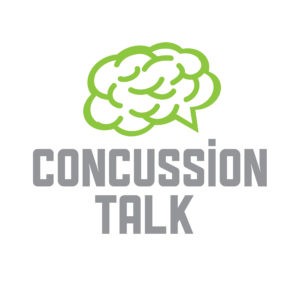I have a sneaking suspicion that my rehabilitation and ‘recovery’ from my brain injury shaped my attitude more than the other way around. Now I have an equally strong notion that my attitude will shape my experience with cancer (Summer 2017) – once this wound on my abdomen heals and I start chemo.
What I mean by my first statement is that I was almost completely ignorant of brain injury when I sustained mine in 2003. Information about brain injury was hard to come by – something my mother, father, sister, and friends found very aggravating. Brain injury was generally misunderstood by the public, doctors didn’t have very much good research on which to base their advice to the patient, and I for one, thought my injury was a momentary setback. At most, a good story about how I was in a coma once. I didn’t see that it would have such a monumental impact on every aspect of my life.
My ignorance of brain injury in 2003 along with pride and stubbornness certainly played a huge role. This same combination would not be helpful now, but when I was 23 I think it worked out in my favour. I didn’t want to be thought of as disabled, I didn’t want women to see me differently, and I wanted to get back to my life before my brain injury without skipping a beat. Therefore my need to push and otherwise challenge myself also came with a sense of urgency. I had to do it now! This attitude and perspective helped certain aspects of my recovery, but I didn’t know that this isn’t how it works. My brain injury will never be simply ‘a story of that time I crashed into a tree in BC and was in a two week coma’. It’s a story of how everything I thought would, or should, happen in my life had no bearing on how things would actually play out. My attitude towards life, including my brain injury, has developed over the past 14 years. No matter how much it could feel like life had stopped, or at least been paused, during my coma, rehabilitation, finishing my master’s, working, and even beyond, life kept going. I gradually accepted this and over time, learned to embrace it.
I had thought that my whole life changed with my brain injury. I wouldn’t be living where I’m living, I’d be doing something that let me travel while living near my closest friends. I’d be able to drive, play water polo, ride my bike. I’d go hiking and camping. This conceit vanished that day in 2003 on a bike ride I don’t remember. That I don’t remember the most important/profound experience of my life has definitely shaped my attitude. Lynch syndrome (a genetic predisposition to certain types of cancer, in my case colon cancer) has had a similar effect on my attitude and perspective.
I now see my life as a series of experiences. Some I can control, some are beyond my control. For example, I could control much of that bike ride in 2003, but since I don’t remember it, I couldn’t tell you exactly why I crashed. I certainly had no control over the positioning of that tree that I slammed into. I had no control over the inheritance of Lynch syndrome. I can control how I treat my body; the food I eat, the shape in which I keep myself, etc. Not that I have always done a stellar job, but for the most part it’s been pretty good. Whether or not I can control the entirety of even a part of an experience doesn’t matter. If it happens to me, I have to live with it. Since brain injury and cancer “happened to me” I live with them as best I can, but they are part of my life, and this is where I feel my perspective is important. I don’t see cancer or brain injury as necessarily “bad”, I see them as experiences over whose occurrences I had limited or no control. The pain, discomfort, aggravation, etc., are all experiences. They are neither good nor bad, they simply are.
